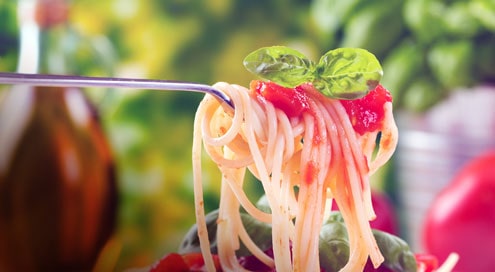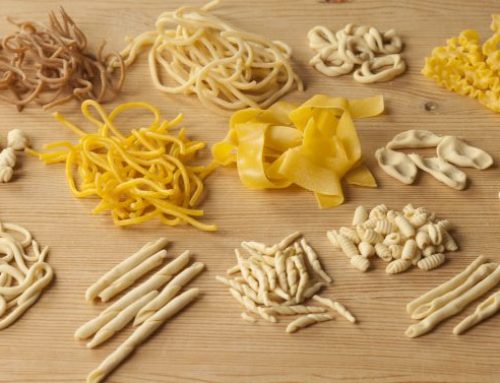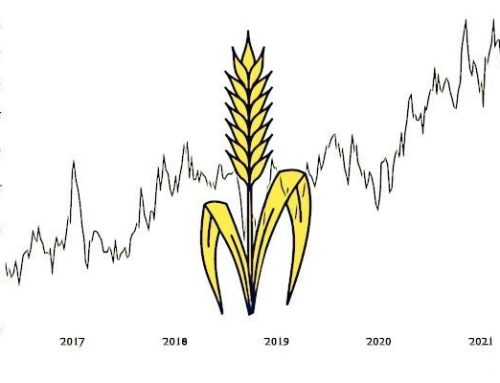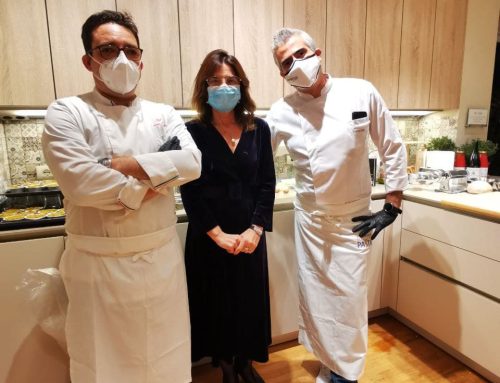It often happens that when I meet friends and take up the topic of pasta “casually”, I am asked many questions about the product, its healthiness, the distrust of industrial pasta, and the long-standing and worrying fear of foreign grains used and now admittedly recognized as harmful to health when treated with glyphosate. But even if the simplest questions are often given obvious answers, the same must always be supported with data and scientific studies. In this case, I’ll use a Veronesi Foundation study on pasta, where those simple questions have a precise answer.

First question: is it preferable to eat a good plate of pasta for lunch or dinner? According to the Veronesi Foundation and nutritionists, it is absolutely healthy to eat pasta at both lunch and dinner. The important thing is to try to contain calories due to our metabolic and hormonal structure which changes over 24 hours. Pasta, in the evening, with light ingredients, can induce a good quality sleep because it stimulates the production of the serotonin hormone, better known as the happiness hormone that allows a more peaceful rest.
Second question, more technical: is it better to eat pasta al dente and why? It is essential to eat pasta al dente for strictly healthy reasons. First of all, because it must be chewed well and chewing leads to better digestion thanks to the saliva which contains the ptyalin enzyme essential for the entire digestive process. Furthermore, when cooking is al dente, the starch has not completely gelatinized and therefore cannot be fully digested by enzymes; this results in slower digestion in favor of a lower glycemic index.
Third question: does pasta put you in a good mood? That’s it; and it is not a sensation but a truth based on scientific studies, because the pasta promotes the synthesis between seratonin and melatonin by increasing relaxation, reducing stress hormones. Furthermore, it is the most convivial meal there is and this clearly can only bring a good mood to all diners.
Fourth and final question: but does pasta make you fat? Weight gain certainly depends not only on pasta but on our eating habits. 80g of pasta provides about 282 calories. The more the toppings are rich in fat, the more clearly the dish becomes highly caloric. If we then think that those who completely eliminate pasta for wrong beliefs even risk gaining weight because those who drastically reduce carbohydrates are more likely to compensate with foods rich in fat or sugars.
As it was once said “Cum grano salis”, everything in life needs balance; then, a good plate of pasta is the solution to everything. I forgot: Sicilian pasta of course !






Leave A Comment